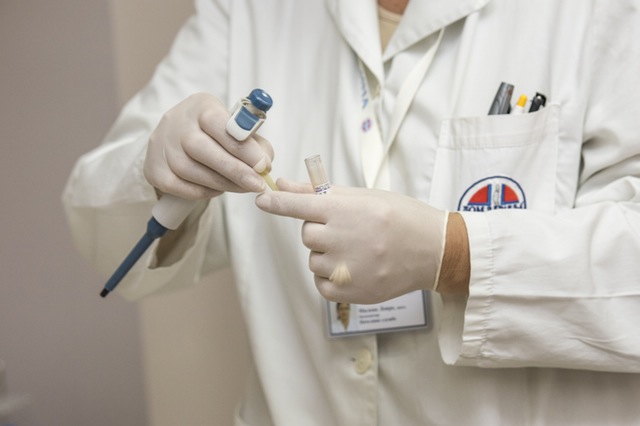Last Updated on: 22nd November 2023, 09:42 am
Round the clock primary and community care (urgent care) has rarely been in the spotlight in terms of the role it plays in the wider healthcare landscape. Routine primary, secondary and even social care services have much greater public awareness as to their place in the NHS infrastructure. Yet urgent care and specifically urgent care providers, weave intricately into the patchwork of all three and deliver solid and consistent care to patients, day in, day out.
Urgent Health UK (UHUK) is a federation of social enterprise healthcare providers that benefits its members by enabling them to work together and present themselves as a much larger organisation. Members collaborate closely to share experience, skills and best practice, collectively growing stronger and improving care up and down the country. This collaboration was essential during the peak of COVID-19 when many providers were on the frontline, responding daily to the ever-changing pandemic. In fact, when the impact of COVID-19 first hit, local, urgent care providers were integral to the tactical and strategic response plans and their local knowledge influenced how healthcare systems coordinated delivering services early on in the pandemic.
Dr John Horrocks, Chief Executive of Urgent Health UK, explained, “Our members are agile and responsive. They deliver a sustainable service that can be mobilised quickly plus they have built up trust through years of delivering excellent clinical care. They are run as corporate businesses which means they are efficient, lean and well-run but being social enterprises, any surplus money is reinvested back into the service for patients. They are driven to deliver outstanding clinical care, not profit – these factors in combination meant they were perfectly equipped to deal with the pandemic from the outset.”
This flexibility and responsiveness was possible because of how deeply embedded into local communities many of these providers are. They hold long standing relationships with partner organisations, ambulance trusts, social enterprises, social care, community care, patient groups, mental health as well as primary care and acute trusts and throughout the pandemic the NHS trusted their clinical guidance which enabled quicker decision making.
Existing services were adapted, and new services were created, mobilised and then de-mobilised, often within days. Responding to the ever-changing guidelines and driven by their passion to serve local communities, there was an atmosphere of ‘all hands-on deck’. Management teams passed over their laptops to clinicians to ensure services weren’t interrupted, CEOs rolled up their sleeves to move urgent care settings away from Acute Trusts and ensure patients and clinicians weren’t exposed to hot zones and were kept safe.
Mobile and community swabbing services were set up in car parks, tents and even in patients’ homes and COVID-19 Hot Visiting & Management services were deployed to keep people at home and managed safely and sensitively. Working with 111 providers, COVID CAS and clinical navigation hubs were established to triage all patients and manage patient flow in the local healthcare system.
The fight against COVID-19 raged on and it became clear that hard to reach and vulnerable groups in the community needed additional support. From care homes, where urgent care providers delivered round the clock clinical support, and symptomatic testing, through to initiatives with other social enterprises to ensure patients in the asylum service had access to face masks. Palliative care support and end of life consumable packs were developed to ensure patients and their families received the support and care they needed at home rather than in hospital. Even the police were supported with the Coronavirus Act 2020 – working to deliver a clinical response to help reassure patients who felt that they needed to be in hospital, stay at home and away from healthcare providers when not essential. There was a common purpose and goal across the entire urgent care system – to deliver the best possible clinical outcome for patients no matter what that took.
With the world slowly returning to a new normal but the threat of a second wave on the horizon, it is vital that there are robust measures in place to support the NHS. Even before the pandemic, urgent care providers were the glue that bound local healthcare, quietly yet consistently delivering clinical care to patients when other services aren’t available. Backed and supported by strong clinical and operational talent, they have the ability to bring together community teams, social care, acute trusts, primary care, mental health and many more, to deliver a seamless service to patients throughout COVID-19 and beyond.
In a future of uncertainty, one thing is for sure – UHUK members have proven that they will stand up to any challenge to deliver care for their patients. They are the perfect vehicle to drive change across integrated urgent care services up and down the country – it’s finally time for them to take centre stage.



